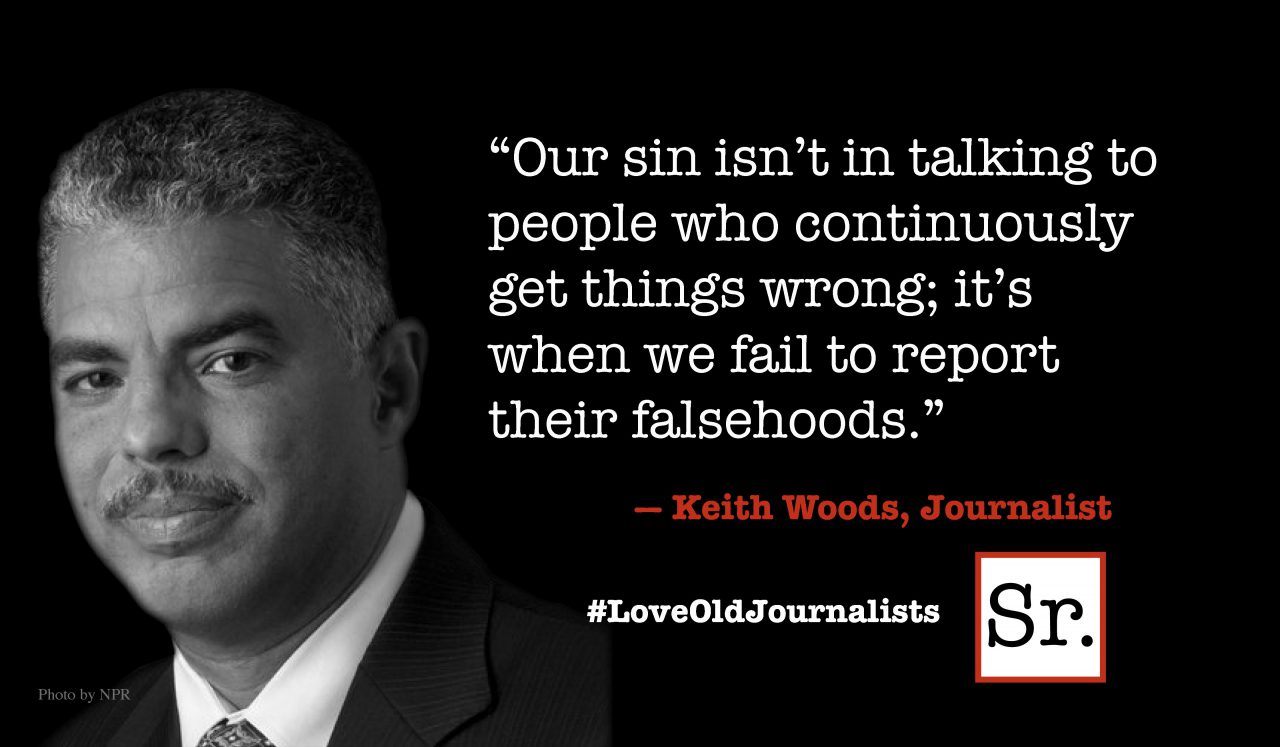When Vint Cerf speaks, I listen. The man who came up with TCP/IP, the basic set of protocols that made the Internet possible, now works as one of Google’s vice presidents, but his view of tomorrow’s Internet is as clear as it ever was. Cerf says Google should be scared, because it needs to run as fast as it can to develop better search tools before someone else comes up with something better. That’s the way the market works, as Google itself proved when it knocked off the AltaVistas and Yahoos of the world to emerge as the preeminent search engine today.
Nothing is eternal in the digital world, that’s for sure, and a sharply designed engine like Bing might still overtake Google’s lead. For that matter, nothing is fixed in stone when it comes to the Internet’s basic functions. Recently the Pew Internet & American Life Project, working in conjunction with North Carolina’s Elon University, created a survey that asked experts about how we would use the Internet in the future. Would the Web continue to dominate, or would the targeted programs called ‘apps’ become so popular that by 2020, we’ll rely mostly on them?
It’s an interesting issue because it goes to the question of who controls what we see and do. Apps are the outgrowth of the mobile networking revolution that has put smartphones into so many pockets and tablets in so many living rooms. On the surface, apps make magnificent sense — they were developed to fit the format of small screens, are easy to use, and tend to do one or two things well rather than trying to be all-encompassing software suites. Sure, you can surf the Web with a mobile browser, but most apps use the Web for a precise result.
A friend was putting up a sign on a piece of property when he realized he didn’t have his level in his toolbox. The solution appeared when he checked Apple’s app selections, where a free digital level could be had that used his iPhone’s built-in accelerometer to tell him when the sign was level. Now that’s specificity. In the same vein, you can get apps to read a newspaper, like the wonderful Financial Times app, or to listen to a specific radio station, with features designed around whatever the station’s designers want to add in to keep you a loyal listener.
Now that apps are all over the place (Apple lists more than 500,000 for the iPhone, while Android apps are not far behind), we need to consider their significance in the greater scheme of things. The worrisome side of apps is that they create 'walled gardens’ where users interact with companies on more or less the companies’ own terms. We’ve seen instances of the control syndrome creeping into the broader Web over and over again, with Facebook the obvious example, a company that would like to be your Web gateway, and hence Web filter.
The Pew survey found that 35 percent of the experts surveyed think most online work by 2020 will be handled through apps, with all the concerns that brings, while 59 percent think the Web itself will remain the dominant platform, accessed through a wide variety of tools and still serving as the fertile spawning ground for invention. My own thought is that by 2020, the best apps will draw so seamlessly on Web information while working so well with other apps that the distinction may lose its significance, as the prospect of information discovery through engines like Google and others will always beckon people beyond the limitations of any single app.
But it may be that the Pew report misses the point. To my mind, what counts about apps is that they are targeted in a way our earlier software experience was usually not. How about creating a word processor that uses the app model by creating a modular framework? The basic functions, and I do mean basic, give you the essential digital ‘typewriter.’ You add functions through easily downloadable plugin modules, crafting a customizable word processor that won’t have you tearing out your hair the way a feature-laden, top-heavy program designed for big business will.
This is where apps are triumphing. They’re reminding us that 90 percent of the time, we just want to do one thing and do it well. Office suites like Microsoft’s are out there because big corporations need every feature set in the book, but outside the office, we want to use tools with a sleek interface that don’t get in our way. I think apps will be remembered at this juncture because of their design implications as the developers of new software programs bring a helpful degree of modularity and customizability to tomorrow’s desktop PCs and mobile devices.









